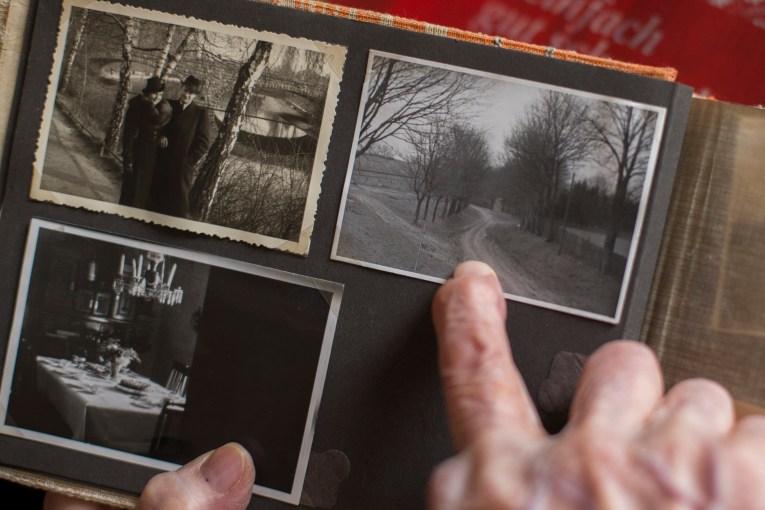Half a million flee Iraq
Half a million people are estimated to have fled Iraq’s second city of Mosul, as Islamist militants tighten their grip after overrunning it and a swathe of other territory.
In a spectacular blow to the Shi’ite-led government, the jihadists spearheaded by the Islamic State of Iraq and the Levant (ISIL) on Tuesday seized Mosul, its surrounding region of Nineveh and areas of Kirkuk and Salaheddin province.
On Wednesday they tried to take Baiji in Salaheddin province but withdrew when the army and police reinforcements arrived, officials said.
Their surprise advance poses significant challenges to Baghdad, with analysts saying they would be bolstered by cash from Mosul’s banks, hardware from military bases and hundreds of men they freed from prison.

Civilians flee Mosul in their thousands. Photo: AAP
It also sparked a massive exodus, with families seen piling into cars that crammed security checkpoints outside the northern city, which is normally home to a population of two million people.
Prime Minister Nuri al-Maliki responded by asking parliament to declare a state of emergency and announcing citizens would be armed to fight them, while the United States warned ISIL threatened the entire region.
On Wednesday, gunmen in military uniforms and all-black clothing guarded government buildings and banks in Mosul, said witnesses reached by telephone from Bashiqa, a town to the east.
They called over loudspeakers for government employees to go back to work.
“I did not open the door of the shop since last Thursday because of the security conditions,” said Abu Ahmed, a 30-year-old shop-owner.
The International Organisation for Migration said around half a million Iraqis had fled their homes in Mosul following the city’s fall, fearing increased violence.
The Geneva-based organisation said its sources on the ground estimated the violence leading up to the jihadists’ total takeover “displaced over 500,000 people in and around the city”.
The violence in Mosul “has resulted in a high number of casualties among civilians,” the IOM said, adding that fighting restricted access to the main health campus grouping four hospitals.
“Some mosques have been converted to clinics to treat casualties,” it said.
Witnesses reported that dozens of families continued to flee the city, but Abu Ahmed said: “I will remain in Mosul. This is my city in any case, and the city is calm now.”

Ninevah provincial governor Atheel al-Nujaifi speaks to the media during a press conference in Irbil, 350 kilometers (217 miles) north of Baghdad. Photo: AAP
Bassam Mohammed, a 25-year-old university student, also said he would stay in Mosul.
“But I am afraid about freedoms, and I am especially afraid that they will impose new laws on us,” Mohammed said.
ISIL said it was behind operations in Nineveh in a series of messages on Twitter, while officials have also blamed the jihadist Sunni group for the unrest.
But it is possible other militant groups were also involved.
Known for its ruthless tactics and suicide bombers, ISIL is arguably the most capable force fighting President Bashar al-Assad inside Syria as well as the most powerful militant group in Iraq.
The takeover of Mosul prompted the United States to voice deep concern about the “extremely serious” situation and warn that ISIL poses “a threat to the entire region”.
UN chief Ban Ki-moon’s spokesman said he was “gravely concerned by the serious deteriorating of the security situation in Mosul”.








